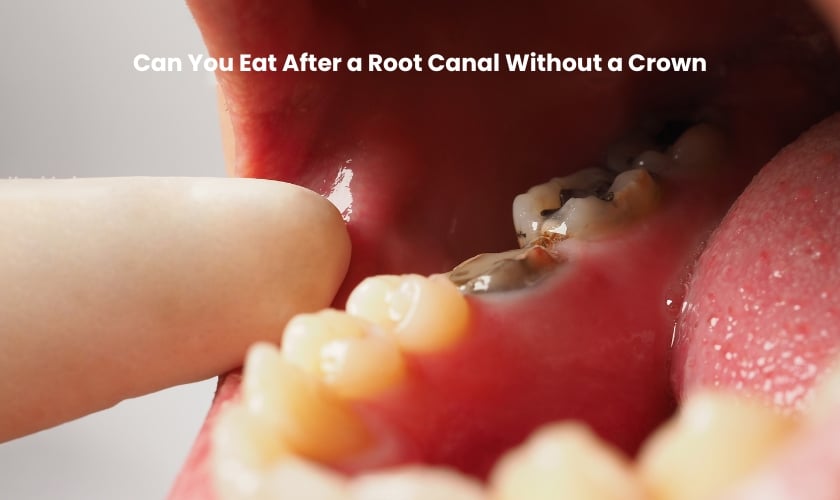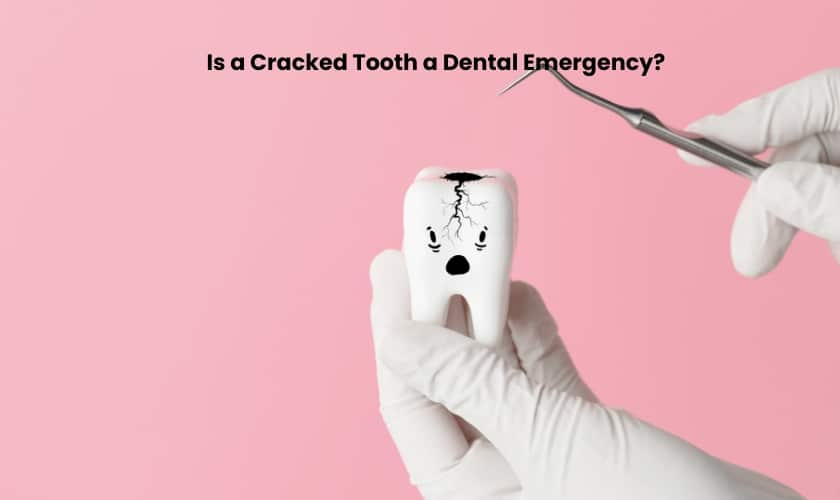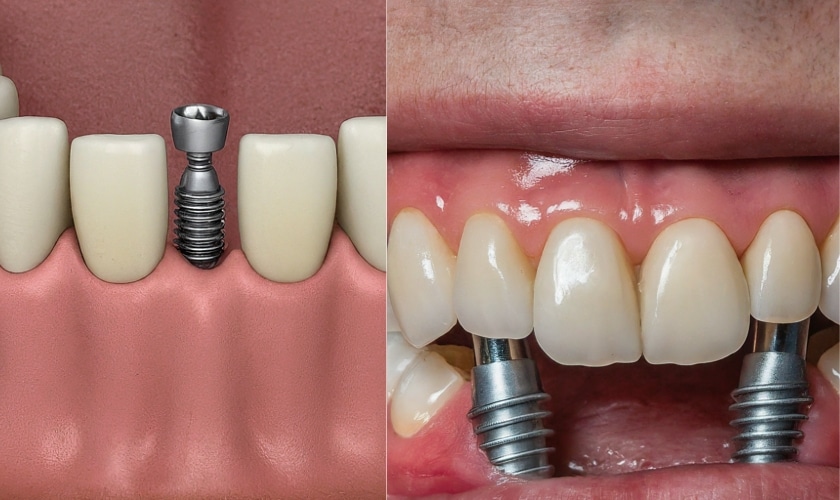
Can An Emergency Dentist Do a Root Canal?
A sudden, throbbing toothache can bring your world to a halt. You might consider waiting for a regular dental appointment, but what if the pain is so severe that it demands immediate attention? This is where emergency dentists become your heroes. But can an emergency dentist in Riverside actually perform a root canal, a procedure typically associated with planned visits? The answer is yes, and this blog post will delve into everything you need to know about emergency dentists and root canals.
We’ll explore situations where seeking an emergency dentist in Riverside Root Canal for a root canal becomes necessary, the benefits and drawbacks of immediate treatment, and how this can potentially save your smile. We’ll also provide some helpful tips for maintaining good oral health and avoiding future emergencies.
Can an Emergency Dentist Do a Root Canal?
Yes, all qualified dentists, including emergency dentists, are trained in root canal therapy during dental school. This procedure involves removing infected pulp and nerve tissue from the tooth, cleaning the canals, and sealing the tooth to prevent further infection. Emergency dentists are specifically equipped to handle urgent dental issues, including those requiring a root canal.
In fact, in many cases, an emergency dentist in Riverside might be the most accessible option, especially outside of regular dental office hours. This can be crucial for getting the treatment you need swiftly and minimizing the duration of your pain.
When to Seek an Emergency Dentist for a Root Canal?
While root canals are often planned procedures, certain situations necessitate seeking an emergency dentist. Here are some key indicators:
- Severe and persistent toothache: A throbbing or continuous toothache that interferes with daily activities like eating, sleeping, or concentrating is a significant sign of a potential root canal necessity.
- Swollen gums: Inflammation and puffiness around the affected tooth can indicate an infection spreading beyond the tooth itself.
- Visible pimple on the gums (abscess): An abscess is a pus-filled pocket that forms near the infected tooth and is a clear sign of a serious infection.
- Sensitivity to hot and cold: Extreme sensitivity to temperature changes in the affected tooth can signal pulp damage.
- Fractured or chipped tooth: If a crack or chip exposes the inner pulp of the tooth, infection can set in quickly, necessitating a root canal.
- Facial swelling: In severe cases, an infection can spread to the surrounding facial tissues, causing swelling. This is a medical emergency, and immediate dental attention is crucial.
If you experience any of these symptoms, don’t hesitate to contact an emergency dentist. Early diagnosis and treatment of a tooth infection can prevent further complications, pain, and potential tooth loss.
Advantages and Disadvantages of Emergency Root Canals
Advantages:
- Prompt pain relief: Emergency dentists prioritize immediate pain relief, offering much-needed comfort when you’re experiencing a throbbing toothache.
- Preventative measure: A root canal performed swiftly can stop the infection from spreading further, potentially saving the tooth and avoiding more complex procedures.
- Improved oral health: Addressing the infection at its source promotes better overall oral health and prevents further complications like bone loss.
- Reduced risk of additional dental procedures: Early intervention with a root canal can prevent the need for extractions and other more invasive procedures down the line.
- Convenience: Emergency dentists offer flexible scheduling options, including evenings and weekends, ensuring you receive treatment promptly, regardless of your regular work schedule.
Disadvantages:
- Cost: Emergency dental services typically cost more than those provided by your regular dentist. This is because emergency dentists often have higher overhead costs and may need to use specialized equipment or techniques.
- Limited availability: While some emergency dentists offer 24/7 services, others may have more limited hours. It’s important to research emergency dental providers in your area beforehand to understand their availability.
- Potential for follow-up care: An emergency dentist in Riverside might perform the initial root canal procedure, but depending on the complexity of the case, you might need to schedule a follow-up appointment with your regular dentist for a permanent crown.
Conclusion
A throbbing toothache doesn’t have to control your life. Our qualified dentists in Riverside are equipped to handle urgent dental issues, including performing root canals. By seeking immediate care, you can alleviate pain, prevent further complications, and save your smile. Remember, early intervention is key!




